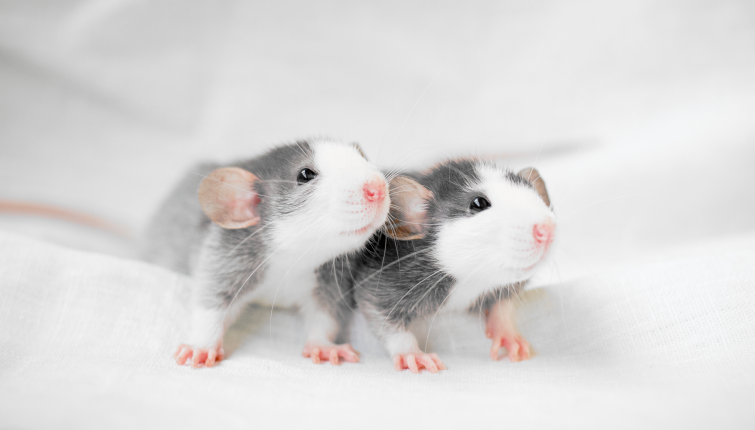
October 04, 2024
Bulletin interne de l'Institut Pasteur


Report on the event "Animal testing and society: improving animal welfare, a review of best practices for animals used in research"

On September 27, in the Émile Duclaux lecture hall and via Teams, a conference was held on "Improving animal welfare, a review of best practices for animals used in research."

Once again this year, many of you attended the event and we were delighted to welcome participants from the Pasteur Network in Belgium, Madagascar, Niger, Switzerland and Tunisia.
Having already addressed Replacement and Reduction of the number of animals involved in research protocols, the theme of this year's conference was Refinement (the 3rd R of the ethical principle of animal experimentation), i.e. approaches to improving animal welfare. The conference began with presentations by the Head of the Center of PhenoGenomics at the Swiss Federal Institute of Technology in Lausanne (EPFL) and by those involved in the use of animals at the Institut Pasteur, offering us an opportunity to compare our practices. At both institutions, the development of innovative behavioral monitoring tools has enabled us to better detect possible abnormalities and intervene more effectively to prevent or treat them at an earlier stage.

Improving animal care programs also means making reasoned choices about new housing and handling techniques, and taking animals into care with a view to future adoption, where possible. While many initiatives emerge from the field, discussions highlighted the importance of coordinating them at institutional level (3R coordination at EPFL, animal welfare structures at Institut Pasteur) to ensure harmonization of best practices, and pooled funding of human resources and equipment.

Interventions from the President of the Institutional Review Board (IRB) - the ethics committee responsible for the ethical assessment of clinical research protocols involving human subjects - at the Institut Pasteur, and the Head of the Animal Welfare Chair at VetAgro Sup (Lyon Veterinary School) helped to broaden the scope of our discussions. Increased dialogue between the Institut Pasteur's ethics committees has enabled us to compare our work and learn from each other's experience. The implementation of projects “must be done with the least harm to each individual”, and “the impact on the experience of our practices” must also be taken into account to prevent emotional fatigue. Progress in the treatment of domestic and production animals also meets growing societal expectations and illustrates the concept of “One Welfare” (changes to improve animal welfare have a positive impact on that of professionals in these sectors).
 The round table reaffirmed the role of ethics committees in the co-construction of research projects. It also highlighted the importance of animal experimentation in the progress of biomedical research, but also the difficulties of broaching this subject with the general public.
The round table reaffirmed the role of ethics committees in the co-construction of research projects. It also highlighted the importance of animal experimentation in the progress of biomedical research, but also the difficulties of broaching this subject with the general public.
A booklet has been developed by CETEA, C2RA and the Communication and Public Affairs Department, to help the staff concerned explain their jobs and promote their role in research.
Copies were distributed at the end of the conference and can be obtained on request at sec-anim@pasteur.fr.
See the brochure on ePasteur (in French)
See previous conferences:
"Animal testing and society: past and current issues from a philosophical, legal and communications perspective" (in French)"Animal testing and society: philosophical issues in supervising projects using animals and areas for improvement" (in French)
Illustrations: Margaux Pailha EI